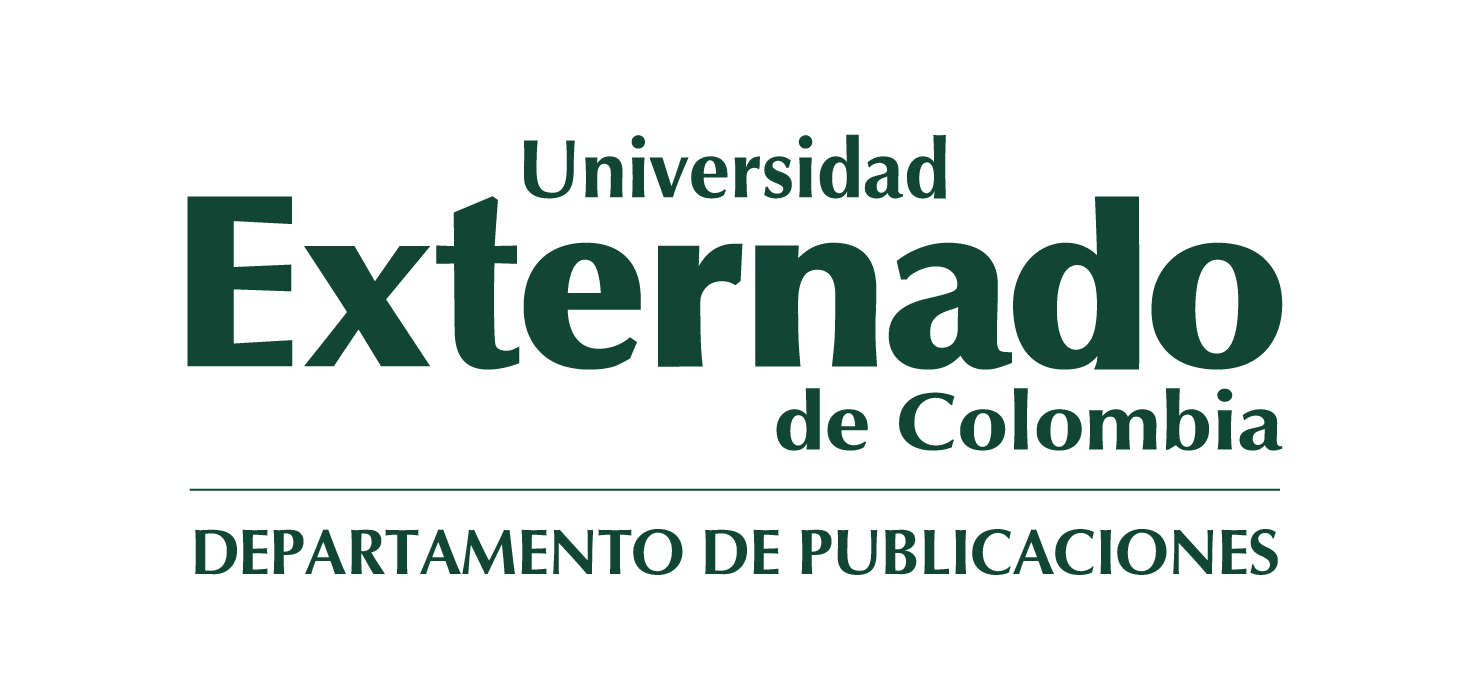PRESENTATION Water law is a branch of the legal system whose knowledge becomes urgent as conflicts over water resources increase and the difficulties in water governance become more evident. That is why it is still relevant from the academy to promote research and promote the socialization of the knowledge that is generated from the university environment.
Thus, volume VII of the Water Law collection aims to present the results of the General Environmental Law research line and its Water Law project, which on this occasion has had the participation of different national and foreign experts. , who have analyzed multiple current issues on the subject.The work has been divided into two parts. The first of them is dedicated to water law in Colombia, and the second, to the study of water law and management on the international stage. The first part of the book begins with the article by research professor Álvaro Hernando Cardona González, who analyzes the powers of environmental authorities in matters of exploration and use of groundwater, starting from their nature as public domain assets and making calls for a regulatory intervention that allows greater protection of the underground water resource.
On this occasion, two articles analyze the human right to water from different perspectives. Andrea Bernal and Angélica Rangel Amado, from the political and regulatory adjustment needs necessary to fulfill the sixth Sustainable Development Goal (SDG), and Roberth Lesmes Orjuela, from a historical perspective.Lesmes Orjuela examines the legal regulation of water in Colombia and the way in which, through various regulatory instruments, protection has been sought.For her part, Constanza Bejarano Ramos studied the necessary relationship between water and food production through the regulatory analysis that has been adopted in Colombia to ensure integrated management of water resources.
Researcher Eduardo del Valle Mora examined the legal framework applicable to the construction of small hydroelectric plants in Colombia. The study begins with the identification of applicable command and control instruments, and then focuses on the provisions regarding concessions.
Presentación María del Pilar García Pachón
PRIMERA PARTE DERECHO DE AGUAS EN COLOMBIA
Las aguas subterráneas y las autoridades competentes en Colombia Alvaro Hernando Cardona González
Objetivo de Desarrollo Sostenible 6. Retos rurales en Colombia a la luz del derecho humano al agua Andrea Bernal y Angélica Rangel
Agua. Derecho o acceso fundamental o humano Robertk Lesmes Orjuela
El recurso hídrico y la seguridad alimentaria. Una mirada en Colombia Constanza Bejarano Ramos
Reflexiones prácticas y jurídicas sobre la regulación ambiental aplicable a las pequeñas centrales hidroeléctricas (PCH) Eduardo del Valle Mora El reúso de aguas residuales en Colombia Gloria Lucía Alvarez Pinzón
Aguas marinas. Evolución histórico-legislativa de los procesos de concesión Roberto Lastra Mier y Alba R. Vergara Castaño
Recurso hídrico y mercurio. Una problemática ambiental de la posmodernidad Pamela Monroy Gonzálezy Luis Felipe Guzmán.Jiménez
SEGUNDA PARTE DERECHO y GESTIÓN DE AGUAS EN EL ESCENARIO INTERNACIONAL
El principio de no deterioro de las masas de agua por la realización de concretos proyectos o actividades y las condiciones de su excepción: derecho europeo y derecho español. A propósito del dragado del río Guadalquivir Antonio Embid Irujo
Abastecimiento domiciliario de aguas y medio ambiente Antonio Embid Irujo
La tutela jurídico-penal de los recursos hídricos en Panamá Eduardo José Mitre Guerra
Gobernanza adaptativa del agua Juan Carlos Sánchez
Los autores
eBook
Impreso
-

-
María del Pilar García Pachón
-
Abogada de la Universidad Externado de Colombia, especialista en Derecho Minero Energético de la misma casa de estudios. Magíster en Política y Gestión Medioambiental de la Universidad CarlosIII de Madrid (España) y doctora en Propiedades Públicas y Medio Ambiente de la misma universidad. Además, cuenta con un Diploma de Estudios Avanzados (dea) en Derecho Administrativo de la Universidad de Zaragoza (España). Actualmente es directora del Departamento de Derecho del Medio Ambiente de la Universidad Externado de Colombia, profesora en diversos programas de posgrado de la misma universidad y consultora independiente.
-
eBook
Digital: descarga y online - EPUB
Catálogo Universidad Externado:
Impreso
Catálogo Universidad Externado:



